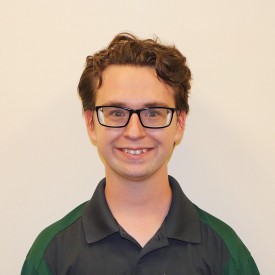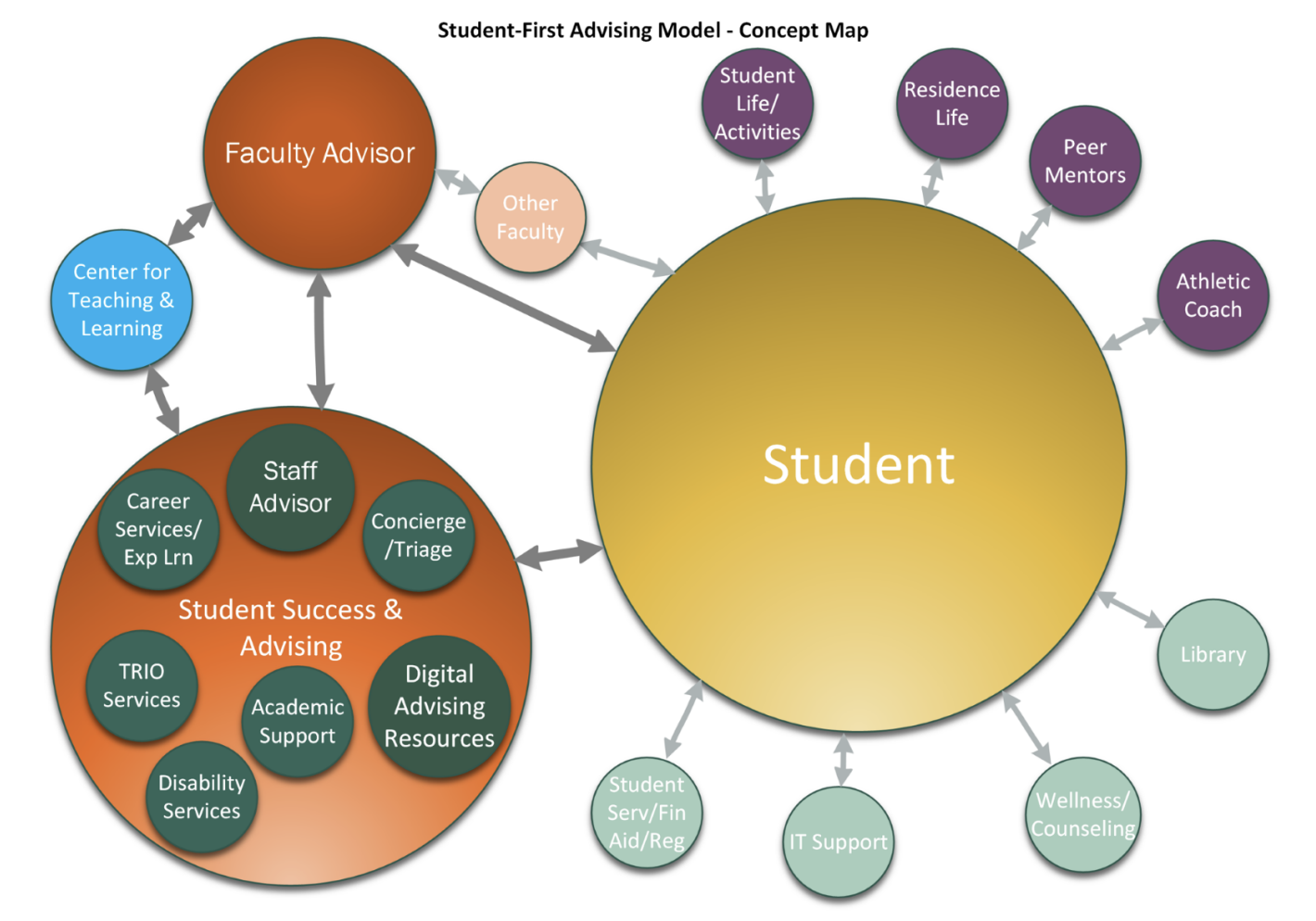 From Chris Boettcher
From Chris Boettcher
You have your list of first-week activities. Many participants in workshops this year have thought deeply about how to build a sense of community in this first week of the course. Here are the top three tactics that we heard:
- Prioritize all students learning other students’ names and feeling comfortable with one another;
- Gather student surveys with information that you can use to personalize your instruction;
- For synchronous courses, form a group agreement about Zoom etiquette and “cameras on”.
All of these discussions have circled around a key concept offered by Professor David R. Katz III who visited with us on January 12 and then conducted a follow-up session on January 27. (You can view recordings at the CU Remote Delivery Resources website in the Spring 2021 module). Professor Katz’s main message is that we should first, and maybe above all, attend to the emotional experience of students, and this is especially important as you set the tone for your course and start to build some excitement and enthusiasm for what you are teaching. As we move forward, he urges us to make sure that we are focusing not on what students are doing wrong but what they are doing right, as he says, to “catch them doing right” and to praise them for it. Here’s what he suggests (quoted from a page available in the Remote Delivery Resources site):
- List behaviors, processes, and efforts (not results) you will “catch them doing right” when you see it.
- Review your list before each class meeting or individual interaction.
- Then actively “catch them doing right” (generously noticing, acknowledging, praising, and publicly appreciating) the behaviors, processes, and efforts they make toward learning and contributing that you want to grow, develop, and see more of.=
Want to give it a try? Be on the lookout for an email encouraging you to do so and then reflect on what you learned from it!




[…] First Steps in Appreciative Mentoring: a first-week activity from David Katz […]